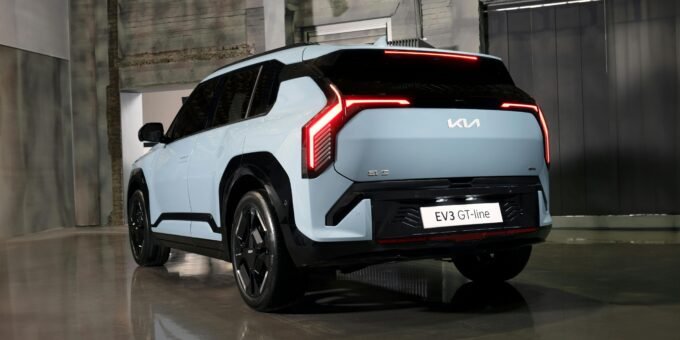
Cars are no longer just machines that get us from point A to point B. Instead, they have evolved into smart mobility devices, brimming with sensors, artificial intelligence, and connectivity features. The rise of smart car technologies has redefined driving, blending safety, convenience, and entertainment in ways we couldn’t have imagined a decade ago.
But with every manufacturer promising “the smartest car on the road,” choosing the right one can feel like finding a needle in a haystack. This is where learning how to compare smart car technologies across brands becomes not just useful, but essential.
In this article, we’ll explore the nuts and bolts of what makes cars smart, how brands differentiate themselves, and what consumers should look for before making a purchase.
How to Compare Smart Car Technologies Across Brands
Comparing smart car technologies across brands requires more than glancing at glossy brochures or falling for catchy advertisements. Instead, it’s about understanding how each technology works, how user-friendly it is, and whether it adds genuine value.
When reviewing brands, ask:
-
Does this technology solve real-world driving challenges?
-
How reliable is it over time?
-
Is it future-proof, or will it feel outdated in two years?
Some brands emphasize flashy infotainment systems, while others lean heavily into safety. The best choice depends on your priorities.
Understanding Safety Features in Smart Cars
Safety remains the cornerstone of modern vehicle technology. Features like collision detection systems are now common, but they differ in accuracy and response speed across brands. Emergency braking, for instance, may activate sooner in some vehicles, potentially preventing accidents more effectively.
Meanwhile, lane-keeping assist works brilliantly in cars like Tesla or Volvo but might feel intrusive or less polished in budget models. When comparing, test these systems personally during a demo drive.
Driver Assistance Technologies
Beyond basic safety, driver assistance helps reduce stress during long commutes. Adaptive cruise control keeps a safe distance from the car ahead, and some systems even handle stop-and-go traffic. Blind-spot monitoring adds another layer of protection, while traffic sign recognition ensures drivers stay informed.
Luxury brands often refine these technologies to be smoother and more intuitive, whereas budget-friendly models might provide the basics with less finesse.
Smart Infotainment Systems
Entertainment meets intelligence with today’s infotainment platforms. Tesla’s massive touchscreen, BMW’s iDrive, and Mercedes’ MBUX are prime examples. Look for:
-
Voice command integration (hands-free driving)
-
Smartphone connectivity (Apple CarPlay, Android Auto)
-
Touchscreen responsiveness
A clunky interface can quickly ruin the driving experience, no matter how advanced the rest of the car is.
FAQs on Comparing Smart Car Technologies
What should I prioritize when comparing smart car technologies across brands?
Focus on safety and reliability first, then evaluate convenience and entertainment features.
Are premium smart car features worth the extra cost?
Yes, if they align with your lifestyle. Frequent highway drivers benefit most from advanced assistance systems.
Which brands offer the best autonomous driving technology?
Tesla leads with semi-autonomous systems, while Mercedes and BMW provide polished alternatives.
Do all smart cars support smartphone integration?
Most do, but the quality of integration differs. Some systems are smoother than others.
Can smart car technology lower my insurance costs?
Yes, features like collision prevention and driver monitoring can reduce premiums.
How quickly do smart car technologies become outdated?
Rapidly—usually within 3–5 years. Choose brands that provide frequent software updates.
You Can Also Read : How to Understand the Latest Car Technology Features
Conclusion on Comparing Smart Car Tech
The road to choosing the right smart car isn’t straight or simple. Each brand showcases its strengths, whether it’s Tesla’s futuristic flair, BMW’s driver-focused innovations, or Toyota’s practical reliability.
When you compare smart car technologies across brands, you must weigh safety, usability, connectivity, and long-term value. Instead of getting lost in technical jargon, think about your everyday driving needs. The best smart car isn’t always the most advanced—it’s the one that feels right for you.